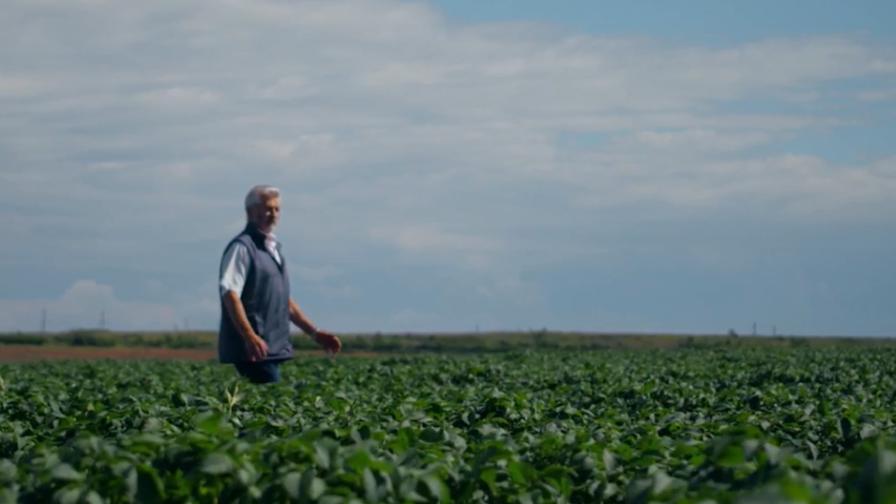Monsanto Q3 Net Income Drops On Weak Roundup Sales
ST. LOUIS, Missouri, US -– With third quarter net income dropping 45% on weak glyphosate sales, Monsanto Co. has launched a new encapsulated formulation of acetochlor intended for use on cotton and soybeans, the company announced in a press release. Previously introduced as MON 63410 herbicide, the formulation will be available widely to US farmers for 2011 as Warrant. Warrant is designed for control of Palmer amaranth pigweed, tall waterhemp and other tough weeds.
Monsanto’s third quarter net income fell to $384 million on declining herbicide sales; during the quarter, the company shrank its Roundup herbicide business because of intense competition from generics. Price decreases for Roundup and other glyphosate-based herbicides affected the company’s results as expected, despite the volume growth achieved for these products. Net sales decreased $199 million, or 6%, in the three-month comparison and $1.3 billion, or 13%, year to date.
Gross profit declined 24% in the quarter to $1.4 billion, also driven by the price decreases for Roundup and other glyphosate-based herbicides. For the first nine months, gross profit is down 28% or $1.7 billion.
Agricultural Productivity
In May, Monsanto slashed its full-year earnings outlook as it cut prices on Roundup and reduced its glyphosate offerings. Gross profit in the Agricultural Productivity segment — which consists of crop protection products and lawn-and-garden herbicide products — was a loss of $189 million in the quarter for Roundup and other glyphosate-based herbicides. Sales in the third quarter of fiscal 2010 for the segment declined 34%, or $313 million, compared with the same period last year. The company expects gross profit for its Agricultural Productivity Segment at $550 million to $600 million in fiscal year 2011.
Seeds and Genomics
The company has switched its focus from glyphosate to genetically modified (GM) seeds. CEO Hugh Grant said Monsanto is implementing a new strategy to offer cheaper GM seeds along with its premium varieties that have multiple engineered traits. Expensive GM seed products like SmartStax corn have opened the door to competitors who offered cheaper seeds carrying fewer traits. Soft demand kept corn seed sales flat at $1 billion in the third quarter, with soybean sales rising just 2% to $549 million.
For the quarter, sales in the Seeds and Genomics segment, which consists of the company’s global seeds and related traits business, and biotechnology platforms, have increased by 5%. The company expects total gross profit for the segment to come in at a range of $4.6 to $4.7 billion for the year, an increase over 2009.






